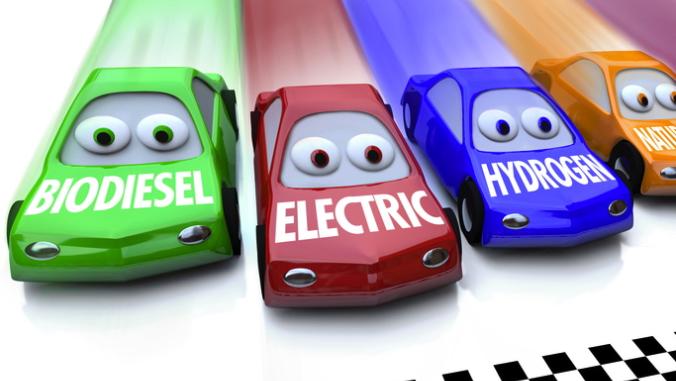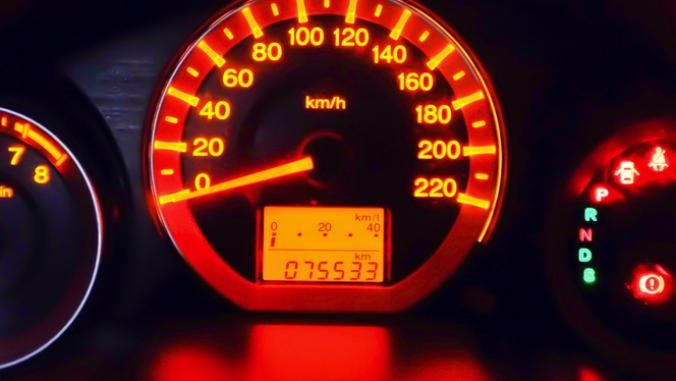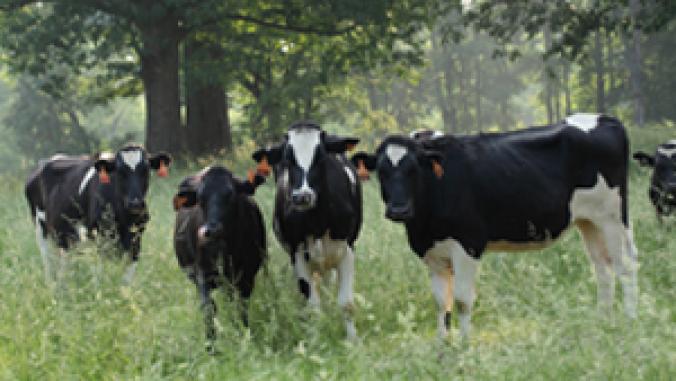Mattel Sets Sustainable Packaging Goals After Greenpeace Pressure
<p>Mattel said it will boost recycled content in its paper packaging, avoid virgin fiber from controversial sources and increase the use of fiber that is third-party certified.</p>

Image CC licensed by Flickr user vikk007
Mattel unveiled a new paper and wood fiber sourcing policy today, months after a Greenpeace campaign highlighted Mattel's ties to a controversial supplier.
The world's largest toymaker outlined steps that comprise its new sustainable sourcing principles. Mattel will:
• Boost the amount of recycled content in its paper packaging. By the end of the year, 70 percent of its packaging will be recycled or sustainable, and by the end of 2015, this proportion will increase to 85 percent.
• Avoid virgin fiber from controversial sources.
• Increase the amount of fiber from third-party certified sources. Preference will be given to fiber certified by the Forest Stewardship Council.
The company said it will also adopt procedures to confirm its practices reflect these principles, establish goals to measure progress, publicly report progress and support multi-stakeholder initiatives that protect forests.
"In developing these sourcing principles and setting goals, we applied a thoughtful and rigorous approach in evaluating our supply chain and identifying meaningful opportunities for continuous improvement," Lisa Marie Bongiovanni, Mattel's vice president corporate affairs who also oversees the company’s sustainability initiatives, said in a statement.
Here's the backstory: In its campaign staged in June, Ken broke up with Barbie because her packaging contained fibers sourced from Asia Pulp and Paper (APP), a company Greenpeace has repeatedly linked to deforestation. The next day, Mattel directed its suppliers to stop buying products from APP while it investigated Greenpeace's claims about APP's forestry practices.
In a similar vein, the Rainforest Action Network also targeted Disney earlier this year after testing revealed that Indonesian wood fibers were found in the paper of some children's books.
In a statement emailed to GreenBiz, APP questioned the preference for FSC-certified fiber.
"Asia Pulp & Paper applauds Mattel’s commitments to recycling, wood legality, protection of High Conservation Value Forest, respect for the rights of indigenous peoples and robust auditing and certification procedures. These principles very much mirror APP’s philosophy and environmental commitments and we are delighted to see a major global toy manufacturer adopt the same," said Ian Lifshitz, sustainability and public outreach manager for Asia Pulp & Paper, the Americas. "In fact, APP supports all credible industry certification, however, we strongly urge companies to not limit their procurement policies to one standard, in this case FSC, which discriminates against products from Indonesia and other developing markets."
Greenpeace immediately claimed victory at Mattel's news.
"Mattel recognized it couldn’t allow its supply chains to include products coming from deforestation and that toy packaging shouldn’t come at the costs of rainforests and tiger habitat," Greenpeace's Laura Kenyon wrote in a blog post today. "That was made very clear by the strong response from people all over the world to the revelation that Barbie was wrapped up in rainforest destruction. Today Mattel has brought closure to the couple’s drama by dropping deforestation."
Greenpeace has targeted APP -- and its parent company Sinar Mars -- for years over its forestry practices. The nonprofit has waged successful campaigns against major brands that buy palm oil from a Sinar Mars subsidiary, including Burger King and Nestle.
Next on Greenpeace's agenda: major retailers that sell APP's Paseo tissue products.
[Editor's note: This article was updated to include comments from APP.]
Image CC licensed by Flickr user vikk007





